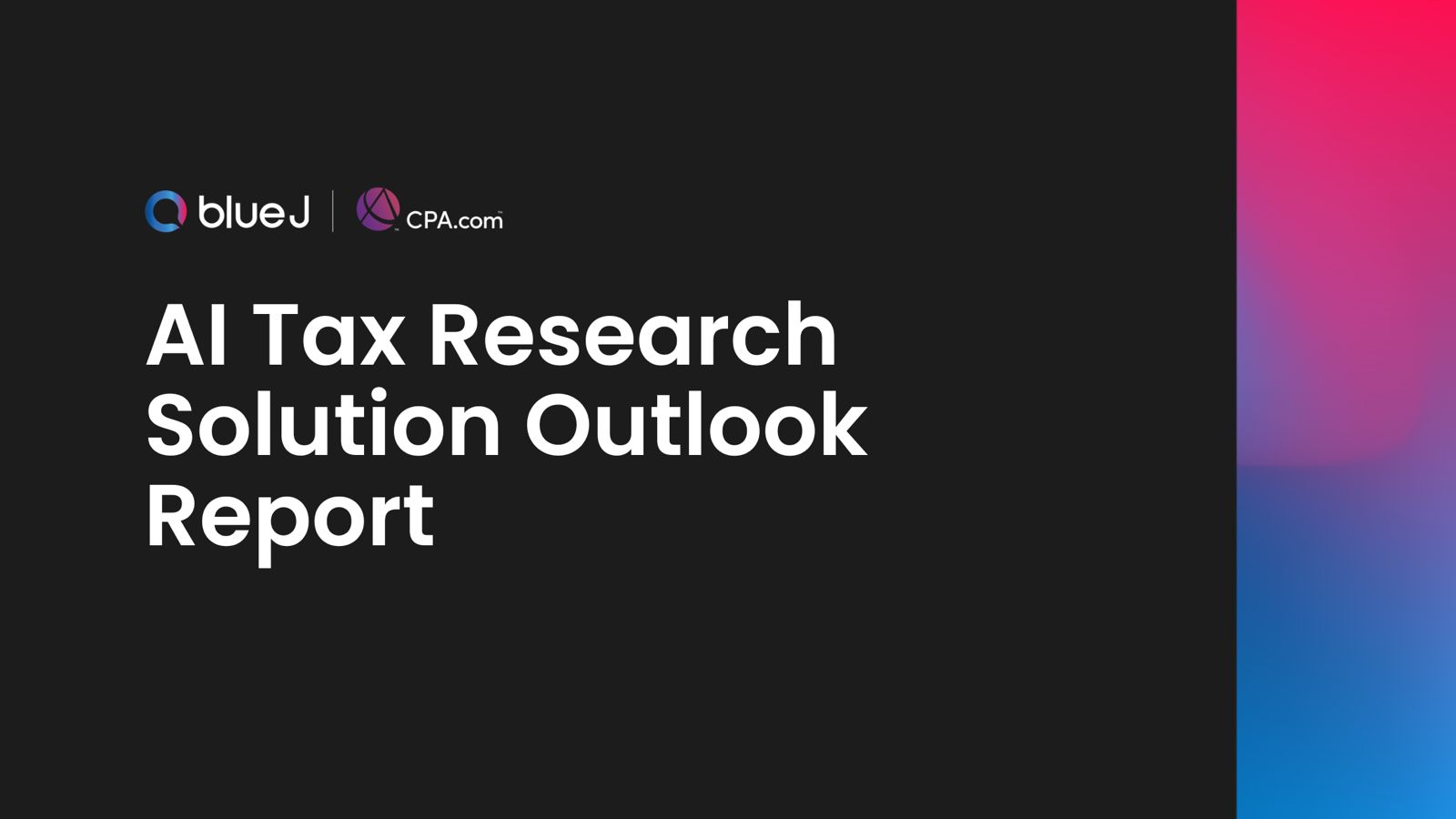
At Blue J, we're delighted to offer this blog series providing an exclusive sneak preview into the highly anticipated book, The Legal Singularity. The book explores how society can harness artificial intelligence (AI) to make the law "radically better" and achieve a vision of the law as fully comprehensive and predictable. One illustration of our commitment to advancing the legal industry is the development of Ask Blue J, our upcoming AI-powered tax Q&A bot similar to ChatGPT. We're thrilled to be a part of this exciting future and look forward to continuing the conversation with you.
Exploration of Chapter 3: The Computational Era in Legal Information
If you missed our summary of the preceding chapter, we encourage you to read it here.
The third chapter of The Legal Singularity explores the transition of the legal profession toward a “computational era,” characterized by the application of computing power to understanding the law. Advances in AI now allow computational tools to execute certain tasks traditionally performed by lawyers, enabling professionals to more quickly reach a legal prediction. These tools can radically “supercharge” the work of lawyers. This new computational capability not only enhances the efficiency, cost-effectiveness, and accuracy of legal services, but also contributes to the accessibility of the law, thus facilitating social advancement.
The chapter highlights four approaches to AI that have been identified by scholars. The first two, machines thinking in a human-like way and machines acting in a human-like way, involve technologies that replicate thinking and behaviour. The third, machines thinking rationally, includes legal technologies that utilize advances in logic to solve problems in ways that surpass human performance. The fourth, machines acting rationally, similarly involves machinery improving upon performance, but applies different sources of reasoning to decision making and involves decision making in situations with incomplete information.
Lawyers face several challenges in producing accurate legal analysis with conventional research methods. These traditional methods are inherently faulty because the law itself is ambiguous and legal data is unstructured. Machine learning and natural language processing can analyze substantially greater amounts of legal information to identify connections and patterns. This application of AI will, in turn, assist practitioners in developing accurate legal predictions. Access to computationally informed predictions will give legal practitioners greater clarity on their situation and will help dispel legal ambiguity.
The advantages of computational legal analysis go beyond improving efficiency. Other benefits include better accuracy-efficiency trade-offs (a problem inherent in the legal field where determining the correct answer is crucial, while time is also of the essence), the ability to specify rules from indeterminate standards, and personalization. Computational tools can also mitigate concerns with traditional legal practices, such as the absence of a uniform binding case law that enables litigants to establish evidence and debate precedent in an inconsistent manner.
At Blue J, our AI-based solutions are paving the way toward the legal singularity. Our forthcoming AI-powered tax Q&A bot, Ask Blue J, will assist with information retrieval and legal analysis to transform the law into a more comprehensive and accessible medium. With these technologies, Blue J provides clarity to the law, helping practitioners make more accurate and informed decisions.
Stay tuned for our next blog post which will highlight the fourth chapter of “The Legal Singularity” addressing the concept of “complete law”.
“The Legal Singularity” (published with University of Toronto Press) is set for release July 2023.

Stay up to date












